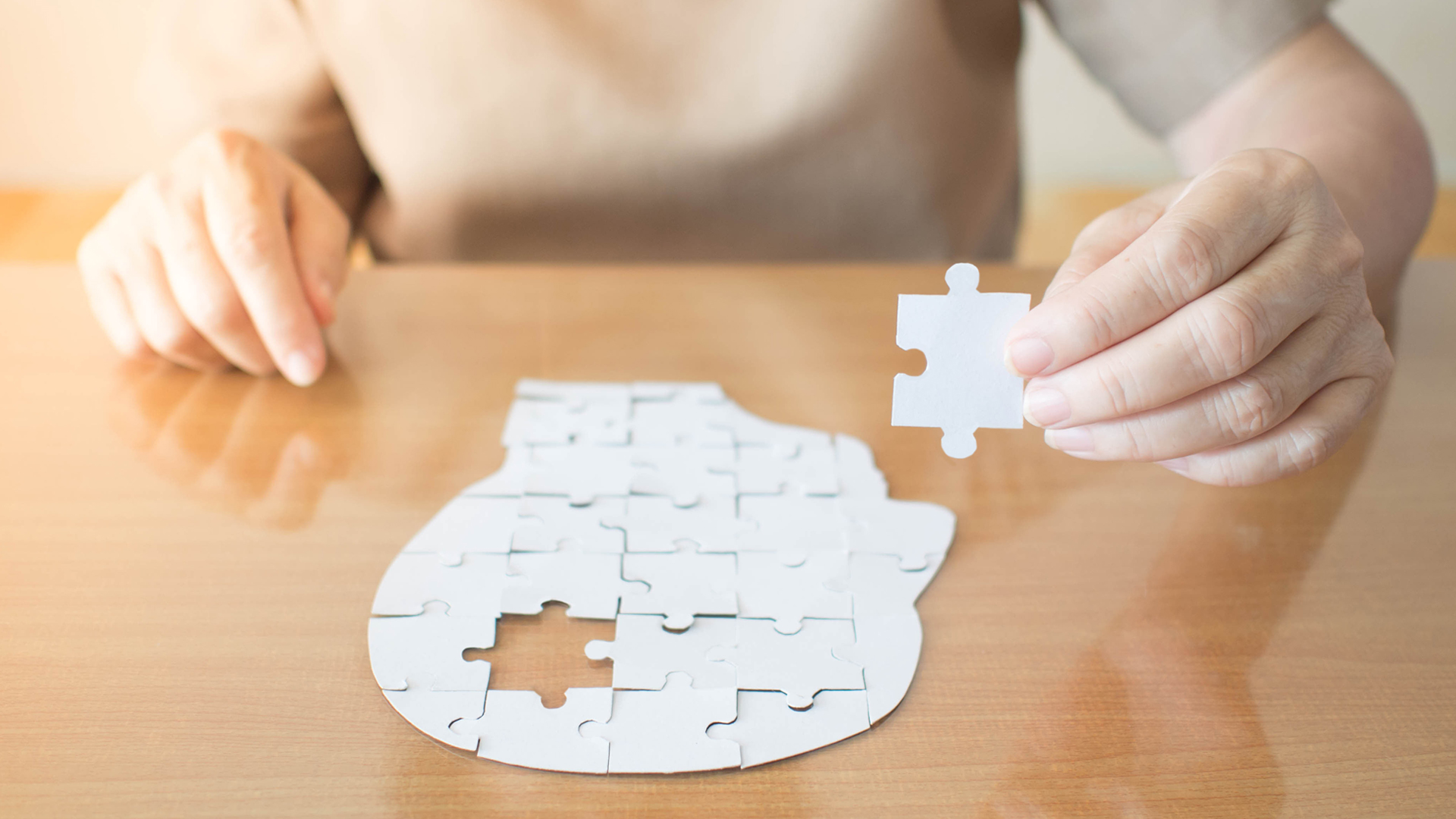
Health Resources
- Home
- Health Resources
- Managing Jet Lag
Managing Jet Lag

Jet lag occurs when we travel across multiple time zones, faster than our bodies’ internal clock can adjust. The severity of jet lag depends on the number of time zones crossed and the direction of travel. Eastward travel (e.g. from US and Europe to Singapore) tends to cause more severe symptoms of jet lag. It usually takes about 1 day to resynchronize our biological clock for each time zone travelled.
Common symptoms of jet lag include:
- Insomnia
- Difficulty falling asleep and staying asleep during night time at the destination
- Insomnia
- Excessive daytime sleepiness
- Gastrointestinal disturbances
- Decreased appetite and constipation may arise due to food consumption out of alignment with the usual body clock
- Gastrointestinal disturbances
- Impaired performance
- Decreased alertness can result in impaired cognitive and physical performance
- Impaired performance
Here are some tips to help minimize the effects of jet lag:
- Avoid excessive alcohol on the flight as it disrupts sleep
- Adjust meal and snack times to the destination time during flight
- Use caffeine strategically in the daytime to help you stay alert, but avoid caffeine in the evenings
- Avoid exercise or strenuous physical activity at night
- If you require rest in the day, take short naps no more than 15-20 minutes
Eastward Travel (e.g. USA/ Europe to Singapore)
- Adjustment of sleep time
- Starting 3 days before your trip, make your bedtime and wake time 30 minutes earlier each day
- For example, if you usually go to bed at 11pm, try going to bed earlier at 10.30pm, then at 10pm, the few nights before you travel
- Adjustment of sleep time
- Bright light exposure
- Try to get more bright light in the late morning and early afternoon on arrival at your destination country
- Bright light exposure
- Melatonin
- Taking melatonin can help with sleep problems when you are travelling eastward
- Melatonin is a hormone naturally produced by the brain as part of our bodies’ sleep-wake cycle
- Taking melatonin about 30 minutes before bedtime for the first 5 nights of your trip can help your body adjust to the new time zone
- Possible side effects of melatonin may include daytime sleepiness, giddiness, or headache
- Avoid drinking alcohol while on melatonin
- Consult your doctor if you are on any other long-term medications to see if melatonin is suitable for you
- Melatonin
Westward Travel (e.g. Singapore to USA/ Europe)
- Adjustment of sleep time
- Starting 3 days before your trip, make your bedtime and wake time 30 minutes later each day
- For example, if you usually go to bed at 11pm, try going to bed later at 11.30pm, then at 12mn, the few nights before you travel
- Adjustment of sleep time
- Bright light exposure
- Try to get more bright light in the late afternoon and evening on arrival at your destination country
- Bright light exposure
- Melatonin
- Melatonin is generally not helpful for westward travel
- Melatonin
With the above travel tips, you can minimize the impact of jetlag and enjoy a smoother, more energized journey—wherever your travels take you!
Author

Dr Leong Hon Loong
MBBS, MRCEM, GDip (Fam Med), GDip (Geri Med), GDip (Occ Med)
Dr Leong is a Family Physician at Frontier Healthcare with a special interest in Emergency Medicine, Geriatric Medicine and Occupational Medicine. He currently practices at Admiralty and Ang Mo Kio.




